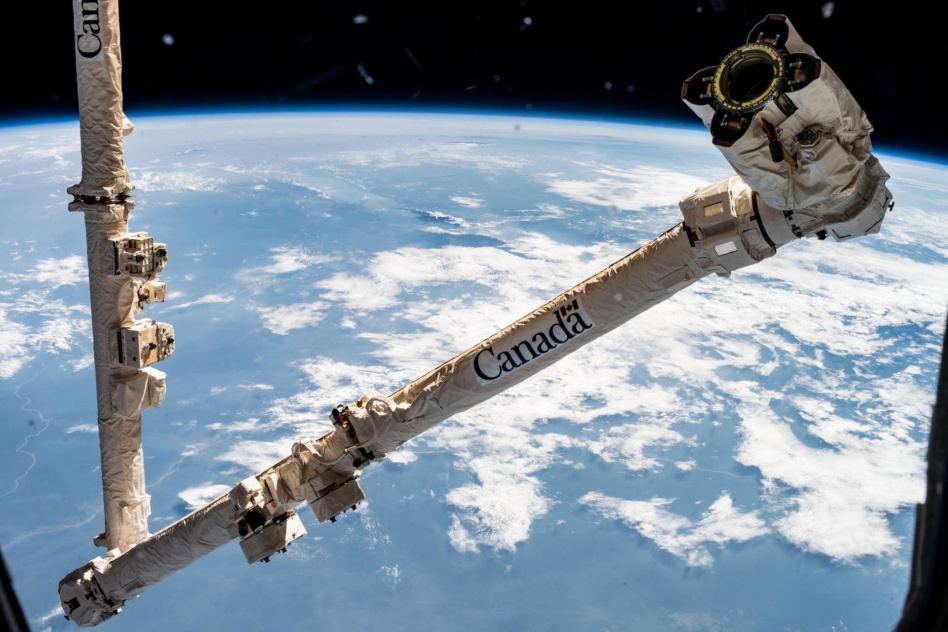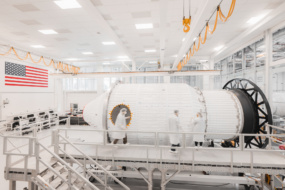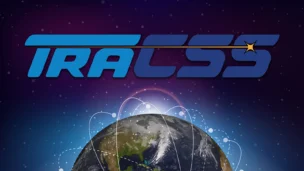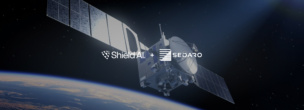MDA, the Canadian aerospace firm behind the Canadarm, is the latest participant in Starlab Space, a joint venture developing a private space station, alongside Voyager Space, Airbus, and Mitsubishi, the companies said this morning.
Worthwhile Canadian initiative: MDA has a long history of work at the ISS, and its space robotics capabilities, which the company is marketing as MDA SKYMAKER, could help set the new station apart from competitors.
Starlab, which received $217.5M in NASA funding as part of the agency’s effort to tee up a replacement for the ISS, is vying to develop the LEO destinations of (the West’s) future, but it is facing competition Axiom, Blue Origin, and Vast, which are all developing their own stations.
The company plans to launch its habitat on SpaceX’s Starship in 2028, with the primary aim of hosting sovereign astronauts on long-duration missions.
Access is everything: Starlab hired The Exploration Company, a European start-up developing an reusable cargo capsule, for three supply missions. The binding contract, which was announced Tuesday, requires the company to hit several milestones before future flights, TEC CEO Hélène Huby told Payload.
TEC won a development contract from ESA for its reusable Nyx capsule last week, and Huby said the company hopes to win the second phase of that contract if EU member states fund the project. That and a Series B round would see the vehicle through to operations.
Huby says Nyx, which is also on contract to service Axiom’s station, will be cost competitive—”We are not building this capsule to be more expensive than the other players.”
“The number of vehicles that can service this market with the right price point, you have one in the Western world,” Huby said. “There is a need for another one in Europe. There is a need for competition in the world.”




